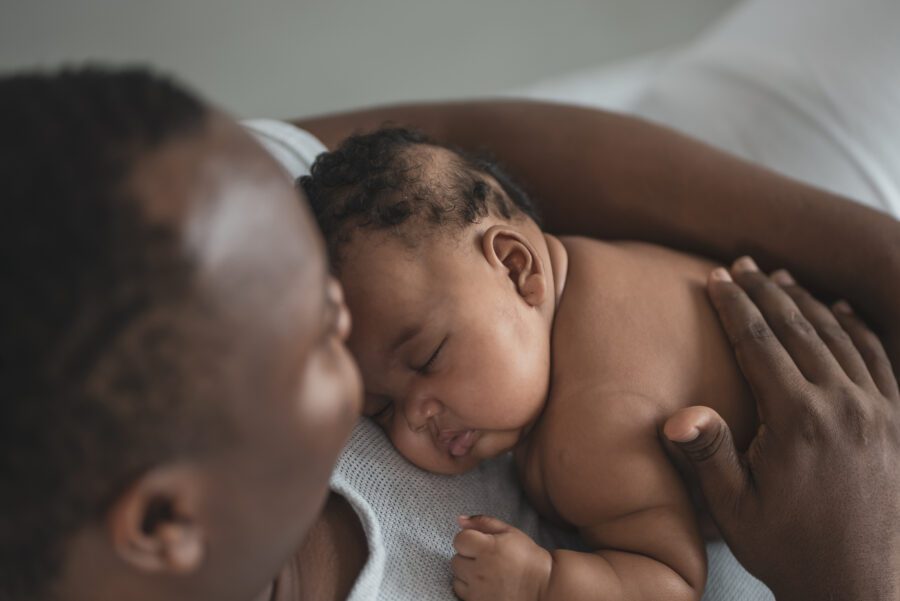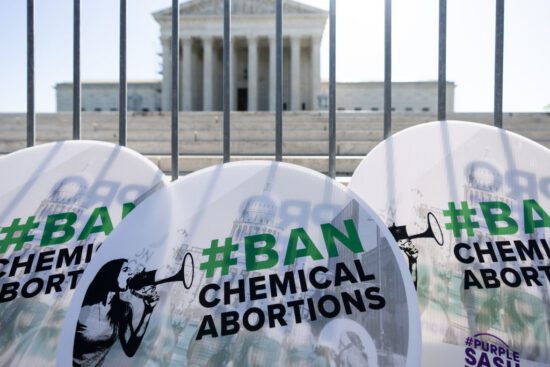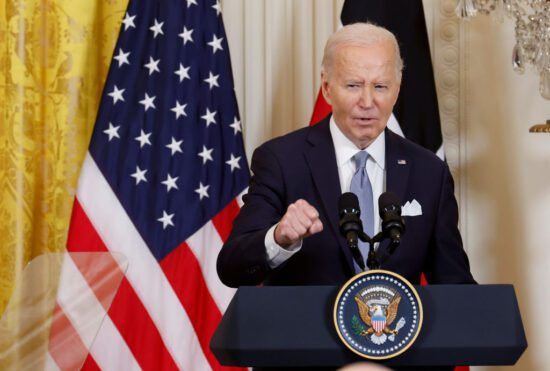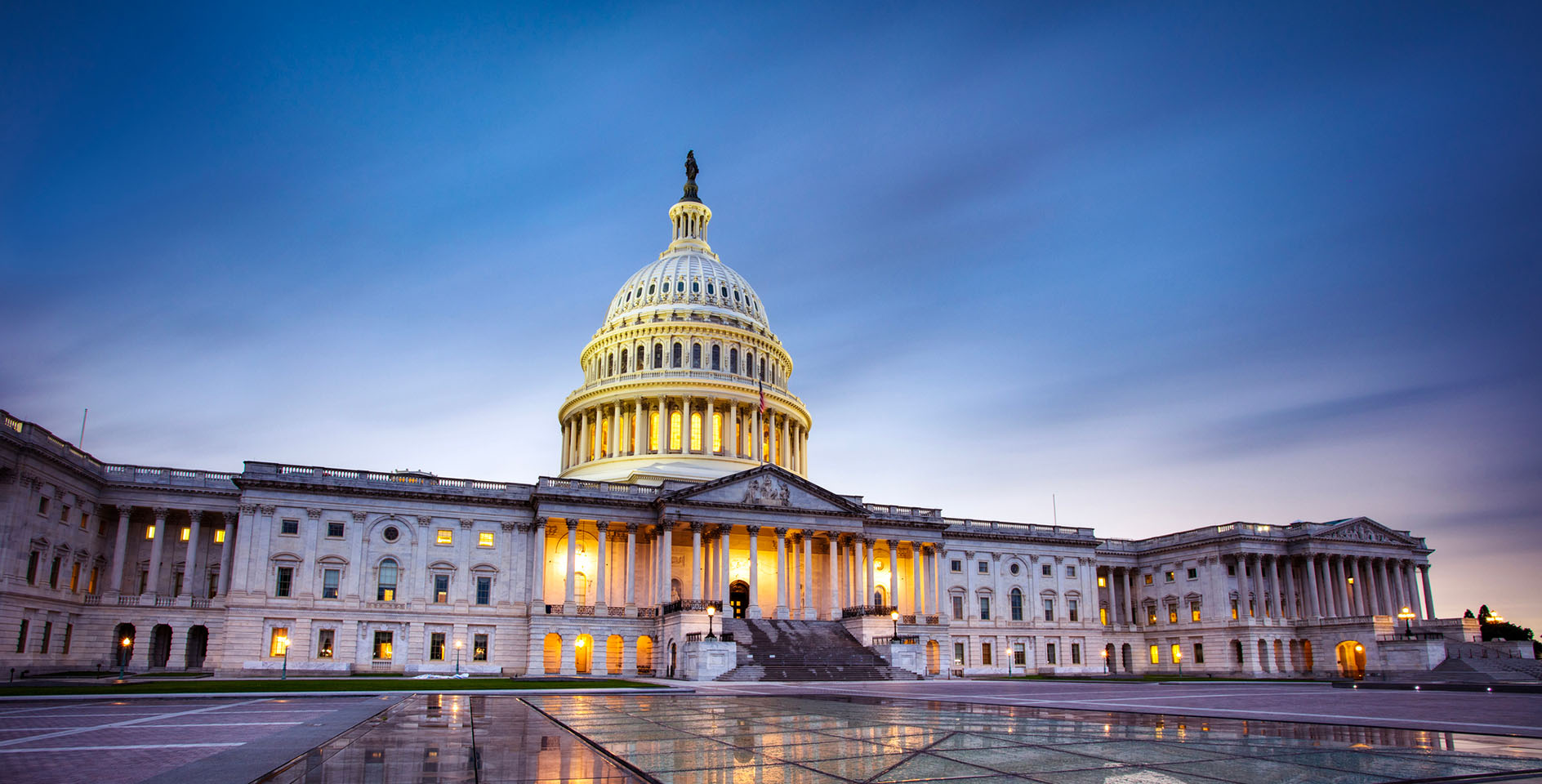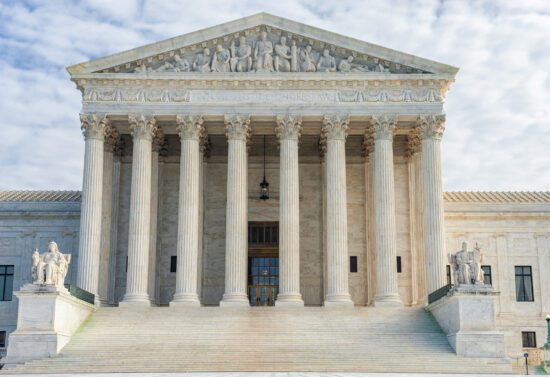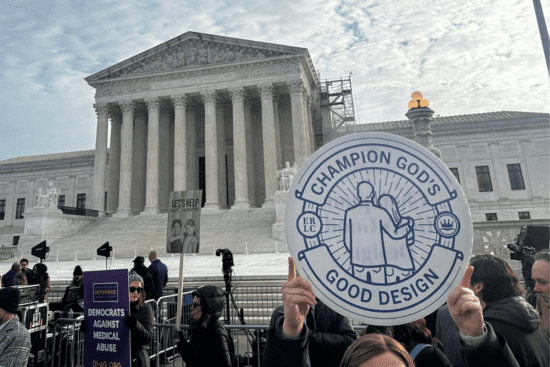The Ethics & Religious Liberty Commission submitted the following comments regarding our opposition to expanding coverage of abortifacient contraceptives with the proposed rule “Enhancing Coverage of Preventive Services Under the Affordable Care Act.”
Why is the ERLC submitting public comments on this proposed rule?
The ERLC is the public policy and ethics entity of the SBC, which has nearly 13 million members in over 45,000 churches and congregations in the United States. We are charged by the SBC with addressing public policy affecting such issues as religious liberty, marriage and family, the sanctity of human life, and human dignity.
The ERLC has been involved in HHS’s regulatory action on this subject for many years. Among other agency actions, the ERLC submitted comments on April 8, 2013, in response to HHS’s Notice of Proposed Rulemaking (NPRM) regarding Coverage of Certain Preventive Services under the Affordable Care Act. We also submitted comments to HHS’s NPRM on December 5, 2017, regarding Religious Exemptions and Accommodations for Coverage of Certain Preventive Services Under the Affordable Care Act, and April 3, 2023 Concerning Proposed Rule on Coverage of Certain Preventive Services Under the Affordable Care Act.
Why is coverage of abortifacient contraceptives a concern for Southern Baptists?
The White House is calling this new proposed rule “the most significant expansion of contraception coverage under the Affordable Care Act since 2012, when contraception was first required to be covered.”
Forced coverage of all “contraceptives” remains an issue of great concern for millions of Southern Baptists. Religious freedom, protection of consciences, and the right to life of every person are indispensable, bedrock values for Southern Baptists. The Constitution’s guarantee of freedom from governmental interference in matters of faith and conscience are crucial protections upon which SBC members and adherents of other faith traditions depend as they follow the dictates of their conscience in their daily lives. For Southern Baptists, adhering to their deeply held religious beliefs means protecting the inherent dignity of every human life, including the life of preborn children whose lives may be ended with the administration of contraceptive drugs possessing abortifacient properties. Thus, the Departments’ rules relating to contraception mandates have been on the forefront of the ERLC’s policy agenda since the Departments mandated coverage in 2011 — both as a matter of religious freedom and conscience protection. These concerns are grounded in our fundamental convictions regarding the dignity and protection of every human life, no matter what age or stage of development.
Religious exemptions needed for organizations and employers
In the current NPRM, the Biden Administration states that they seek to bolster access to birth control at no cost, because contraception access has “only become more important since the Supreme Court overturned Roe v. Wade.” In citing the decision from Dobbs as the primary reason for this action, they implicitly acknowledge that the provision of certain contraceptives is inextricably tied to the issue of abortion and the act of taking a life. In recognition of that, the Departments should not impinge upon the deeply held religious beliefs or moral convictions of millions of Americans who hold to the same values regarding life as Southern Baptists. Such actions would be antithetical to our shared American values centered on the rights articulated in the Constitution and its amendments.
After reviewing the Departments’ NPRM, the ERLC urges the Departments to maintain the proposed religious exemptions to the contraceptive mandate for religious organizations and religious employers.
The ERLC commends HHS for providing a religious exemption to the preventive care mandate regarding contraception consistent with HHS’s obligations under the U.S. Constitution and RFRA. Americans with deeply held religious objections to abortion must not be forced by their government to violate those beliefs by paying for products that caused abortions. Thus, it is crucial that this exemption be maintained. To do otherwise would transgress the consciences of millions of Americans.
Although we support the religious exemptions proposed by the Departments, the ERLC is deeply concerned with the proposal to reject the conscience rights of non-religious employers who morally oppose providing life-ending contraceptives as it stands from the proposed rule in 2023.
For Southern Baptists, conscience protections are essential to our ability to freely exercise our religion and live out the most basic tenets of our faith. Our confession of faith, the Baptist Faith & Message clearly articulates our religious conviction that, “God alone is Lord of the conscience.”1Baptist Faith & Message 2000, Article XVII, https://bfm.sbc.net/bfm2000/ As one Southern Baptist ethicist has written, “For religion to be free, it must be authentic, and to be authentic, it must be unhindered from forces that would disrupt a person’s response to what his or her conscience identifies as true.”2 Walker, Andrew “Here we Stand: Southern Baptists and the HHS Mandate,” https://erlc.com/resource-library/articles/here-we-stand-southern-baptists-and-the-hhs-mandate–2/ Conscience protections that do not extend to actual practice are meaningless. Rather, true protections allow citizens to live out their convictions in tangible ways without being forced by the government to act contrary to them.
Conscience protections matter for all people
Further, Southern Baptists do not believe these protections are just for religious people, but that conscience protections are critical for all people, regardless of their specific faith convictions. At the founding of our country, James Madison wrote, “Conscience is the most sacred of all property.” Regardless of the source of the conviction, whether religious or moral, the Constitution guarantees the protection of the conscience.
There is a robust history of Americans, both religious and non-religious, who have moral objections to the taking of a life. From pacifists opposing military service, to healthcare workers opposing assisted suicide, to feminists opposing abortion and some forms of contraceptions, the ability for an American to draw a line with their own conscience regarding when they can participate in an action that may end a life is fundamental. Freedom of conscience is a right all Americans enjoy, not just those of us whose consciences are bound by religious convictions.
The right of all Americans to act upon their conscience to protect the lives of others, must be preserved and upheld at all costs. The proposed revisions to the coverage of contraceptives under the Affordable Care Act must continue to include exemptions for religious people but also must remain broad enough to include exemptions for people with moral objections as well.



